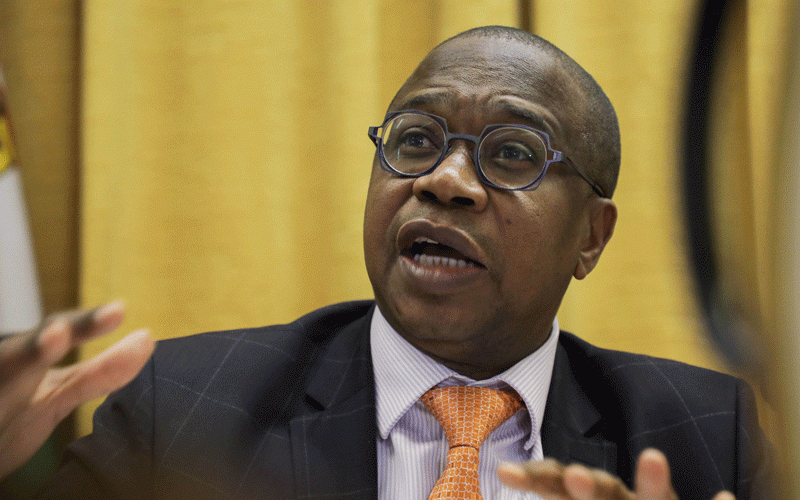
MONTH-ON-MONTH inflation accelerated to 37,2% in October from 5,8% a month earlier in the biggest jump since authorities in May began calculating inflation using a new formula.
The jump was caused by a sharp depreciation of the Zimbabwe Gold (ZiG) currency.
The Reserve Bank of Zimbabwe (RBZ) on September 27 devalued the ZiG by 43% to ZiG24,39 per dollar from ZiG13,99 a day earlier as authorities buckled under pressure to dump the command exchange rate.
This was also accompanied by a pledge by RBZ that it would allow “greater exchange rate flexibility in line with increased demand for foreign currency in the economy”.
Since then, the ZiG has been depreciating and was yesterday trading at ZiG28,6591 to the United States dollar.
While the sharp jump in month-on-month inflation can be attributed to the devaluation of the local currency, it is a timely reminder of what will happen if fiscal and monetary authorities do not stay the course.
This is a cause for worry as the October month-on-month inflation is way higher than the projected inflation at year end.
In his mid-term monetary policy review statement, RBZ governor John Mushayavanhu projected a ZiG month-on-month inflation of below 1% by the end of the year.
- ‘Inflation could shoot to 700% by April next year’
- New perspectives: Inflation control critical for economic growth
- Inflation spike: Why interest rates aren’t the answer
- Village Rhapsody: Govt must ensure that devolution works
Keep Reading
It is clear that the target will not be reached, which mandates the central bank to refine its policies.
The central bank’s Monetary Policy Committee last month came up with a raft of measures that include a hike in the bank policy rate to 35% from 20% and standardisation of statutory reserve requirements for demand and call deposits for local and foreign currencies to 30% among a raft of measures meant to “ensure that inflation expectations remain well anchored as well as dissipate current inflationary pressures”.
Fiscal authorities must be vigilant and all eyes are on next month’s 2025 National Budget, which can support or sink the de-dollarisation thrust.
Excessive government spending, as if it has inexhaustible resources, has in the past hounded the local currency.
Finance minister Mthuli Ncube has promised to cut the coat according to the cloth.
The economy requires confidence-building measures.
For the ZiG, that confidence comes through timely legislation and tight monetary and fiscal policies.
The gazetting of the Finance Act will now compel companies to pay half of their quarterly tax obligation in the ZiG.
The last quarterly payment date for the year falls on December 20, in which companies will pay 35% of their corporate income tax.
This is expected to increase demand for the ZiG.
A number of taxes and fees will now be paid in local currency, which is expected to stabilise the ZiG.
The increased demand for foreign currency has put pressure on the local currency, moreso, if the formal channels fail to cater for the forex needs.
This has resulted in rising premiums on the parallel market.
RBZ said it pumped US$50 million into the market this month to smoothen the mismatch between demand and supply.
However, it projects a rising demand for foreign currency in the last quarter of the year to meet critical requirements for the summer agricultural season and for preparations for the start of the festive period.
That projected increase in demand will put pressure on the ZiG if the interbank market fails to cater for that.
Fiscal and monetary authorities believe they have ticked all the boxes to stabilise the exchange rate and inflation.
The October inflation data shows it is still a long way out of the woods.






